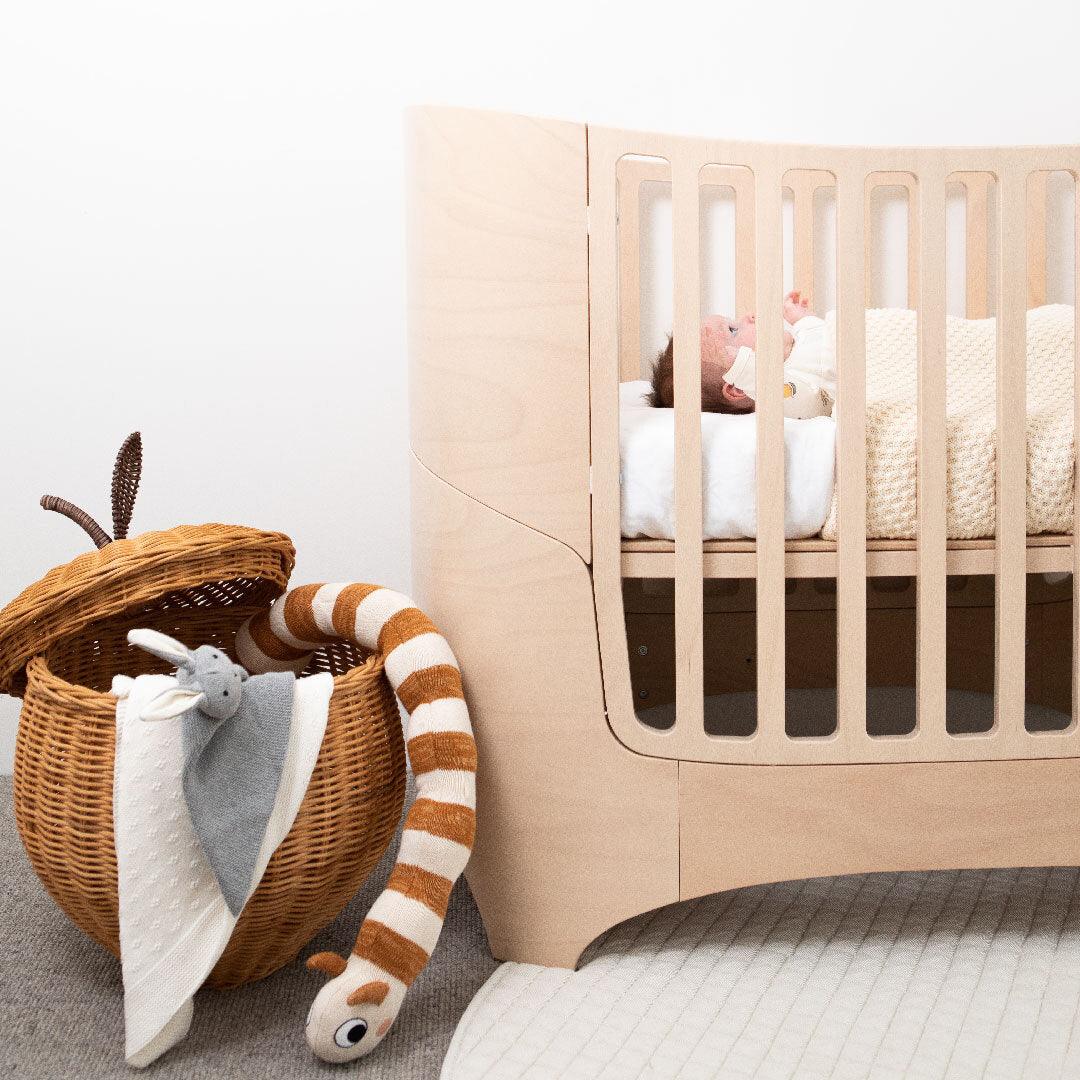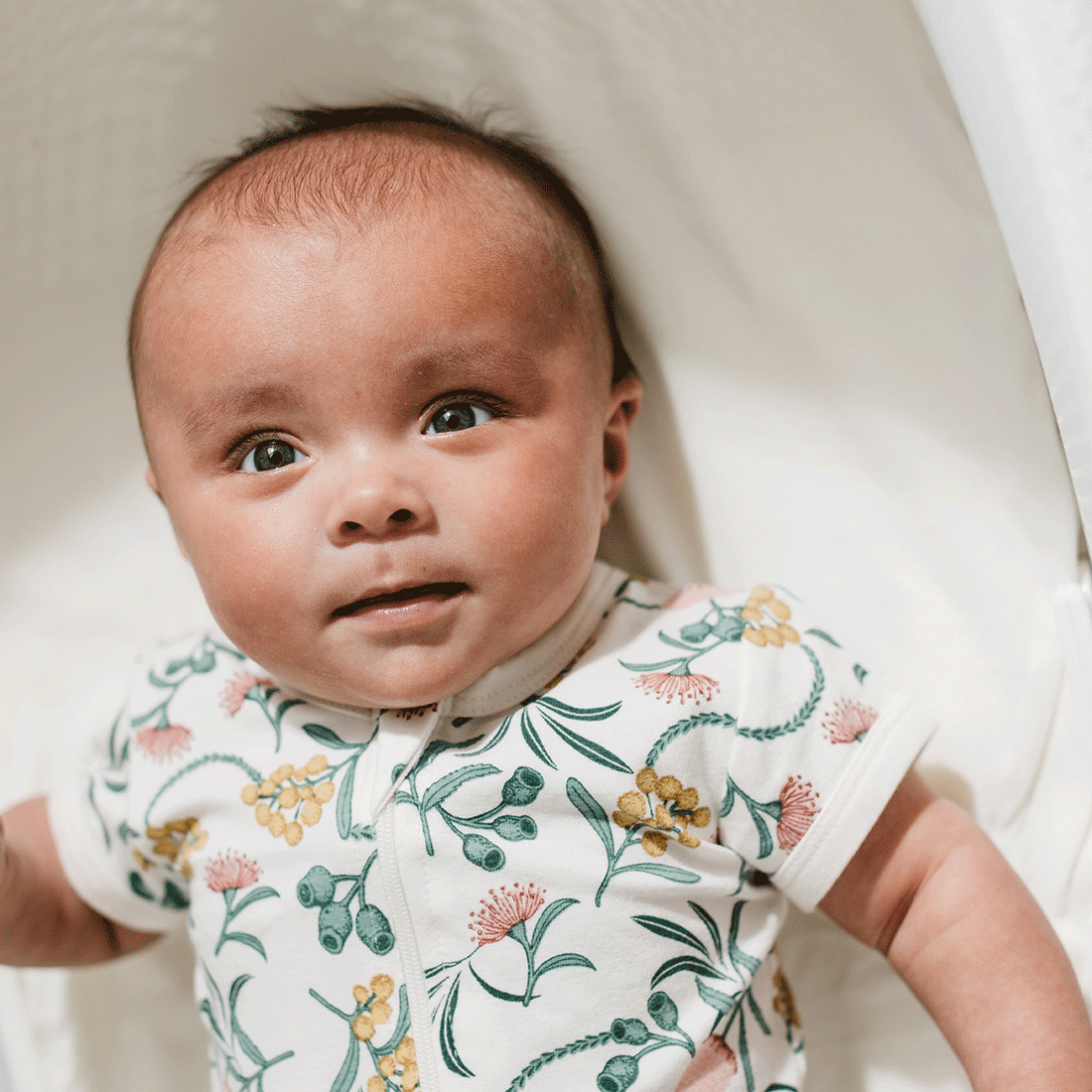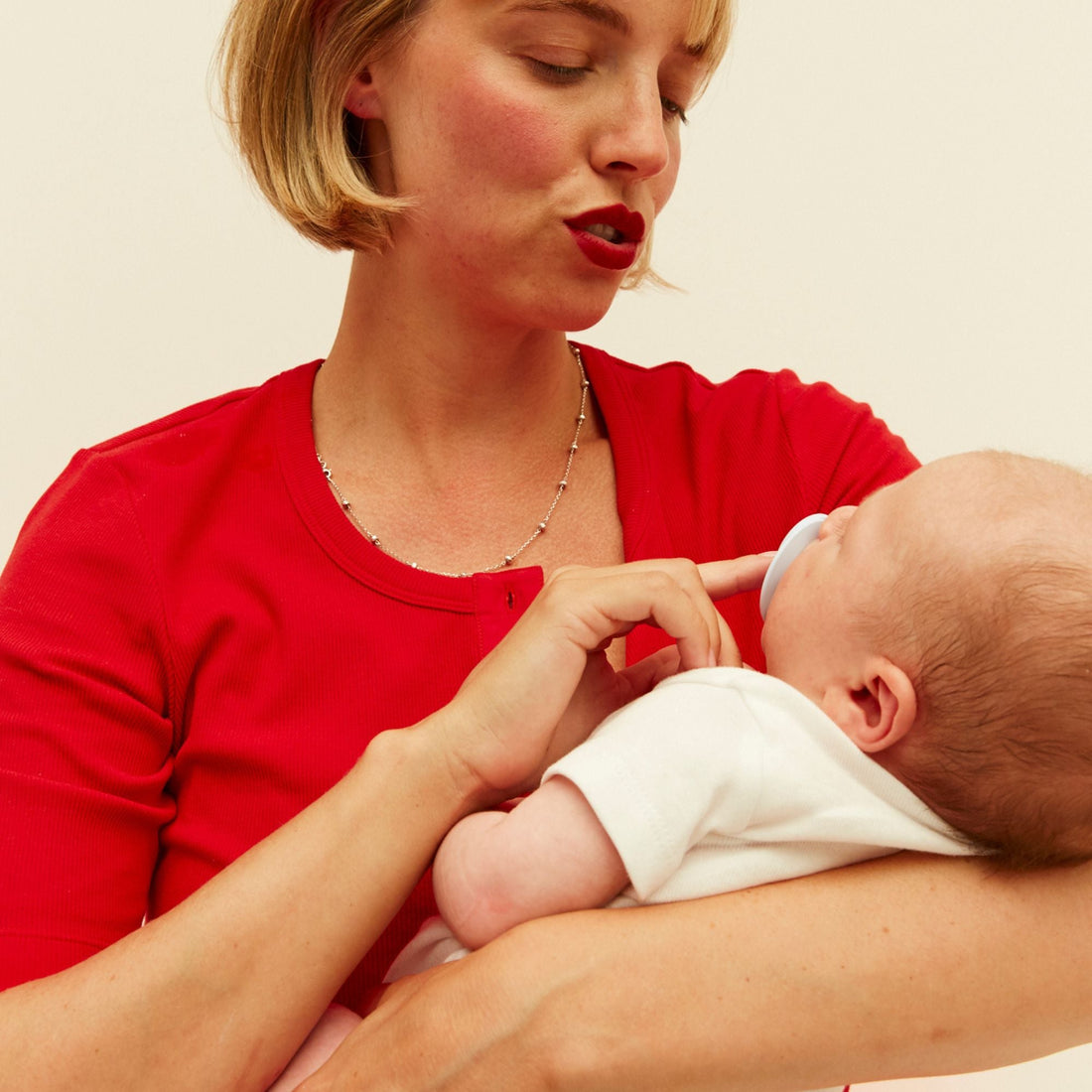Advice from a paediatrician, sleep expert and father of three.
Infant sleep is hard. The start is daylight savings just makes it harder. The prospect of getting them to bed an hour earlier than they are used to can be anxiety inducing, but if you've got a kid currently waking up at the crack of dawn, this might be the thing that gets you a bit more of a lie-in. Regardless of where you're at, we're delivering you the advice to help you deal. This time from paediatrician and father of three, Dr Golly. With the right advice and plan, taking on daylight savings time will be a breeze.
Not for newborns
First things first, this isn't something that affects newborns (under three months). They are living in a cyclical eat, play, sleep routine, not one that aligns with the clock. Regardless of the time, they’re going to need lots of naps.
Game plan for older babies
“Babies they are quite sensitive to changes in their routine," says Dr Golly, "So it's best to slowly transition your little one in the week prior to the time change. Know that it can be normal for babies to have a couple of days where their routine might be a little bit off, but staying consistent will help them adjust quickly to the change."
Dr Golly's Adjusting Routine: Based on a 7am wake up, on Monday and Tuesday wake your baby at 6.45am and move everything forward by 15mins, including meals and naps. · On Wednesday/Thursday, move everything forward 30 mins, including meals and naps. · On Friday move everything forward 45mins (wake at 6.15am). · On Saturday move everything forward by 1hr (wake your baby 6am). · Then on Sunday when the clocks have moved forward your baby will automatically be back to waking at 7am.
Game plan for toddlers and young kids
"Toddlers and young children as they tend to cope better with either an extra hour of sleep or losing an hour’s sleep, so for them, I recommend to just go with the flow," says Dr Golly. "You can pop them to bed a little early for a couple of days before to help with the transition if you like, but it’s very normal that their body clock will take a few days to adjust. The most important thing is to stay consistent with your routine."
Make their space sleep-centric
"Ensure your little one’s room is nice and dark (preferrably blackout) will help their body clock adjust and prevent the late evening sunlight creeping in," says Dr Golly. Blackout blinds can help. "It will also help them go to sleep at bedtime by promoting their melatonin production. Crank that white noise and continue the same bedtime routine pre- and post-daylight savings as your little one is familiar with this. And get outside in the natural sunlight in the afternoon if possible. This natural light burst helps melatonin production of an evening."



































